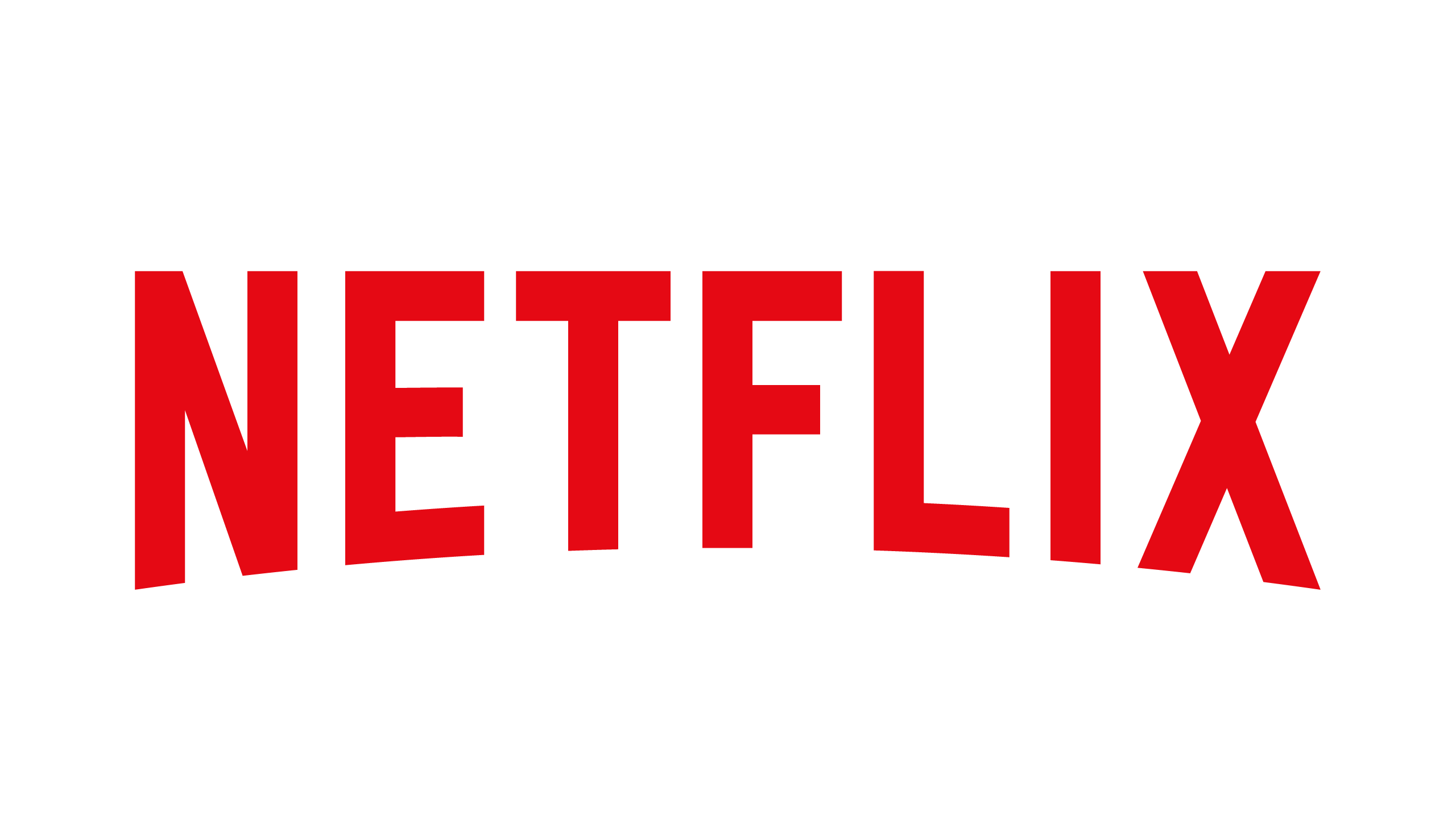On August 26th, Netflix hand delivered a petition to William Lake, Chief of the Federal Communications Commission’s Media Bureau, asking him to block the merger of Comcast and Time Warner Cable, citing antitrust laws. The petition states Netflix’s fears that “the proposed merger would give the Applicants the ability to turn a consumer’s Internet experience into something that closely resembles cable television.”
Netflix is obviously opposed to the merger as it would make it easier for Comcast/TWC to charge them for the right to send data at speeds high enough for customers to stream effectively. Given the fact that Comcast currently offers its own direct to PC streaming service (of select TV channels that are part of your cable subscription), Netflix probably feels that Comcast would charge excessive fees to force them out of the market. Given the fact that in many places consumers don’t get a choice as to which company provides their Internet, this would be a painful future for Netflix, especially since, combined, the companies control 40% of the nation’s broadband market.
The petition notes this fact later: “In Netflix’s experience, there are four ISPs that have the market power to engage in degradation strategies to harm Online Video Distributors (OVDs). Two of those four propose to merge in this transaction.” They caution that “Comcast may become large enough as a result of this merger to prevent a new OVD from ever reaching the critical mass necessary to provide viable national service to American consumers.”
Comcast and Time Warner Cable argue that the merger would not be in violation of antitrust laws because they each serve “distinct geographic areas” and compete only in their “respective footprint.” Basically that the merger would not reduce competition in the market because they already do not compete with each other.
Netflix rebuts with “The market for broadband access may be local, but the market for content distribution over broadband is decidedly national. In this respect the entity’s increased scale would directly impact edge providers that require national distribution. … The Commission considered issues similar to those presented by the proposed Transaction in its analysis in AT&T-MediaOne.“
Another interesting note: Comcast and Time Warner Cable also include DSL in their definition of “high-speed internet” to strengthen their argument that they have affordable offerings. This is despite the fact that, by their own admission, DSL speeds are too low to stream high quality video. Netflix’s petition notes that, 3 million subscribers dropped DSL last year, clearly showing how well DSL speeds can compete with true high-speed internet.
What Does Comcast/TWC Mean to Me?
This legal battle will serve to create an important precedent as to how far internet companies can go in creating local monopolies. If the FCC accepts the argument that Comcast and Time Warner Cable don’t compete in the same regions, it will strengthen the current trend of the major providers divvying up locations that they will serve exclusively. This means that the only form of competition will come in the form of small local companies, if you are lucky enough to live in one of their service areas.
Personally, I think that competition is a good thing and tends to be to the benefit of the consumer. While blocking the merger is unlikely to cause an immediate improvement in service, it might make it easier for the smaller companies to grow and become contenders in the market. If all else fails, I suppose there’s always a chance for a significant expansion of Google Fiber.

